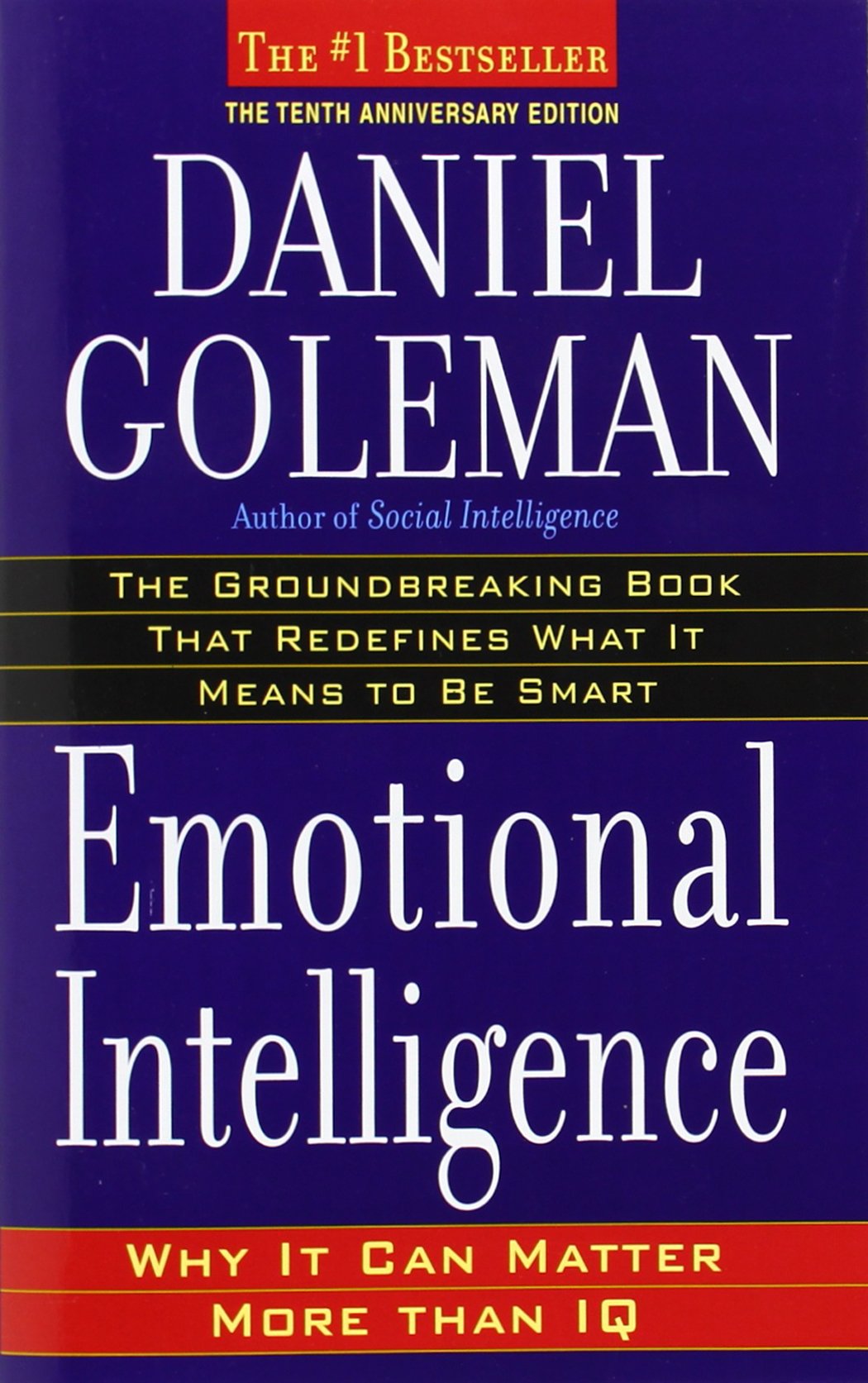In the landscape of psychological literature, few works have garnered as much attention and sparked as many discussions as Daniel Goleman’s “Emotional Intelligence.” Published in 1995, this groundbreaking text delves into the intricate tapestry of human emotions and their consequential role in our personal and professional lives. The core premise of Goleman’s argument—that emotional intelligence (EQ) is as crucial, if not more so, than traditional cognitive intelligence (IQ)—resonates deeply with a myriad of observations about the human experience. This review seeks to unravel the multifaceted layers of Goleman’s perspectives, offering a comprehensive examination of his assertions and their implications in our everyday existence.
At the heart of Goleman’s work lies a captivating assertion: emotional intelligence is the bedrock of effective communication, meaningful relationships, and overall success in life. It begs the question: why do we find ourselves endlessly fascinated by the notion that emotions, often perceived as chaotic and unpredictable, hold the keys to our personal and collective flourishing? Goleman crafts a narrative that moves beyond mere speculation; he substantiates his claims with empirical research, rendering them both compelling and relatable.
One particularly striking aspect is Goleman’s differentiation between two types of intelligence: cognitive intelligence, traditionally measured through IQ tests, and emotional intelligence. While IQ might illuminate one’s problem-solving capabilities and analytical prowess, it is emotional intelligence that governs our capacity to navigate social complexities and engage in empathetic interactions. The juxtaposition invites introspection: how often have we witnessed highly intelligent individuals flounder in social contexts, while those blessed with a high EQ excel in forging connections and inspiring teams?
Goleman delineates five key components of emotional intelligence: self-awareness, self-regulation, motivation, empathy, and social skills. This framework serves not only as a blueprint for understanding one’s emotional landscape but also as a guide for personal development. Self-awareness, the cornerstone of emotional intelligence, encourages individuals to recognize their emotional triggers and understand how their feelings influence their thoughts and actions. It is a profound tool that allows for reflection and growth.
Self-regulation extends this understanding, empowering individuals to manage their emotions constructively. Goleman emphasizes that mastery over one’s emotional responses enables more thoughtful decision-making—a skill that is increasingly invaluable in high-stakes environments. Consider the professional realm, where leaders must navigate the stormy waters of interpersonal dynamics. A leader engaging in emotional regulation will be able to maintain composure during crises, inspiring those around them and fostering an atmosphere of trust.
Yet, motivation in the context of emotional intelligence transcends mere ambition. Goleman argues that intrinsically motivated individuals are more likely to pursue goals with fervor and resilience, exhibiting a passion that catalyzes progress. This brings us to an intriguing observation: why are some individuals drawn to leadership roles while others prefer to remain in the background? It appears that those with a heightened sense of emotional motivation are often driven by a desire for connection and impact—a factor that greatly contributes to their success in rallying others towards a common objective.
Empathy, perhaps the most revered component of emotional intelligence, invites us to view the world through another’s lens. Goleman highlights that true empathy transcends the superficial; it demands deep listening and a genuine concern for others’ well-being. In a world where technological advancements can lead to a sense of isolation, the act of empathizing becomes both a refuge and a superpower. It empowers individuals to cultivate relationships founded on understanding and compassion. The simple act of acknowledging the emotions of others can catalyze transformative change, whether in personal interactions or within broader social frameworks.
Social skills are the culmination of the aforementioned components, facilitating effective communication and conflict resolution. Goleman posits that individuals with strong social skills not only navigate relationships seamlessly but also inspire and influence others in profound ways. This observation poses an intriguing exploration: can harnessing emotional intelligence enhance our collective societal fabric? The implications are vast—from workplaces becoming more collaborative to communities fostering deeper connections driven by empathy and understanding.
However, while Goleman’s thesis offers a plethora of insights, it also beckons critical examination. The emphasis on emotional intelligence raises essential inquiries about the balance between emotion and rationality. Are we, in our quest for emotional competency, potentially sacrificing logical decision-making? The interplay between rational thought and emotional awareness is indeed a delicate one, warranting further exploration and dialogue.
As society continues to evolve, the lessons encapsulated within Goleman’s “Emotional Intelligence” remain ever relevant. From corporate boardrooms to classrooms, the emphasis on emotional competencies has grown exponentially. Entities are increasingly recognizing that cultivating emotional intelligence can lead to improved collaboration, enhanced productivity, and overall well-being. In an age beset by rapid change and uncertainty, developing emotional intelligence may well be the key to thriving rather than merely surviving.
In conclusion, Daniel Goleman’s “Emotional Intelligence” provides a compelling narrative that invites readers to contemplate the profound impact of emotions on our lives. Through meticulous research and thoughtful analysis, Goleman highlights the importance of understanding and harnessing emotional intelligence as a vital component of personal and professional success. His work serves as a clarion call to individuals to look beyond the confines of IQ, embracing the complexity of emotional awareness as an essential skill for navigating the modern world.
